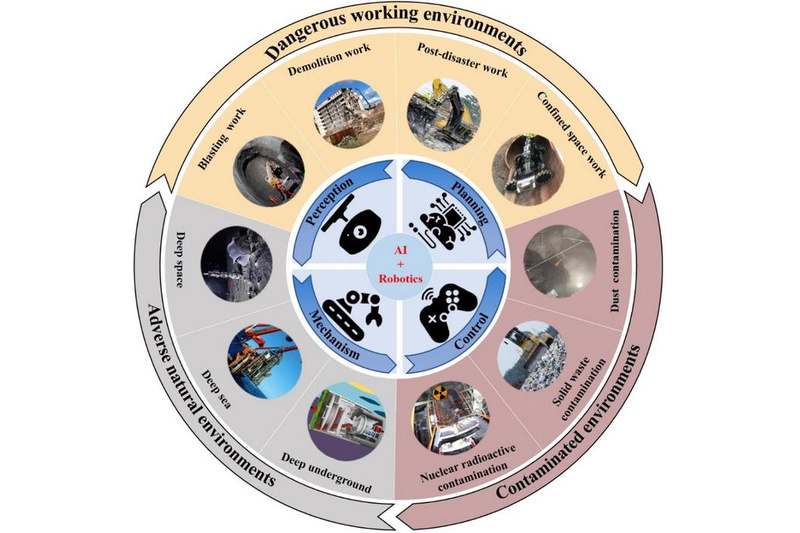
Promising Natural Inhibitors Target Malassezia pachydermatis

Fungi (yeast) of the genus Malassezia are found on the skin of most humans and animals. In humans this disease is most commonly caused by Malassezia furfur. Infections with this pathogen can result in life-threatening fungemia and other nosocomial infections. Rare cases can be attributed to M. pachydermatis. Novel natural substances are provided, which show highly promising activity against M. pachydermatis. MIC values are comparable to those for terbinafine, which is a synthetic antifungal.
Further information: PDF
ESA Patentverwertungsagentur Sachsen-Anhalt GmbH
Phone: +49 (0)391/8 10 72 20
Contact
Peter Lösler
As Germany's association of technology- and patenttransfer agencies TechnologieAllianz e.V. is offering businesses access to the entire range of innovative research results of almost all German universities and numerous non-university research institutions. More than 2000 technology offers of 14 branches are beeing made accessable to businesses in order to assure your advance on the market. At www.technologieallianz.de a free, fast and non-bureaucratic access to all further offers of the German research landscape is offered to our members aiming to sucessfully transfer technologies.












